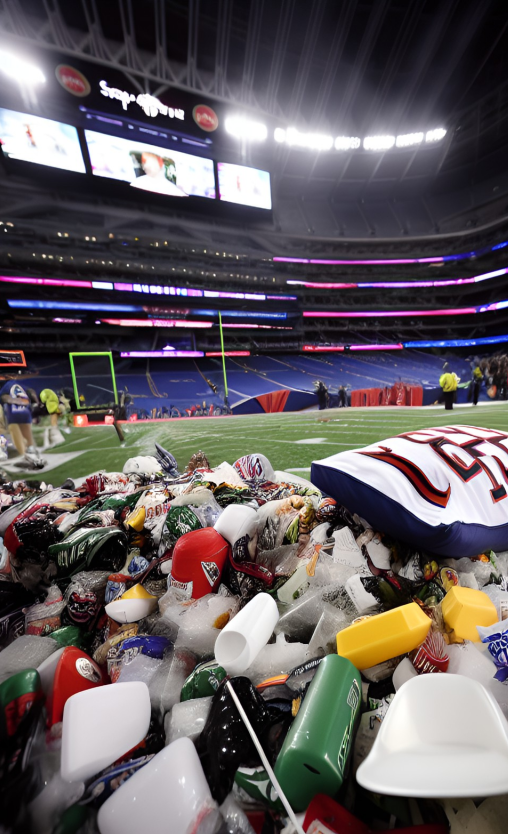Poor Sports at the Super Bowl
This year’s Super Bowl is being hosted in Glendale, Arizona, USA, and is attracting large crowds to this usually quiet Phoenix suburb. While this can bring a lot of revenue and some high-profile publicity to the area, it leaves locals with some questions about the ethics of how these events are conducted.
One of the major ethical issues surrounding vending at the Super Bowl is price gouging. This refers to the practice of raising prices on goods and services significantly higher than their normal price, especially during times of high demand. With millions of people attending the Super Bowl and a limited supply of goods and services, vendors may be tempted to engage in price gouging, exploiting the high demand for their own financial gain. This can result in low-income individuals being unable to afford basic necessities, such as food and drinks, which raises questions about fairness and equality.
Another ethical issue related to vending at the Super Bowl is the exploitation of workers. Many vendors at the Super Bowl are seasonal workers who may be paid low wages or have to work long hours in difficult conditions. This can lead to workers being overworked, underpaid, and not receiving proper compensation for the work they do. Moreover, many of these workers are not provided with adequate training, which can result in poor service and unsafe working conditions. This raises questions about the treatment of workers and the obligation of employers to provide fair compensation and working conditions.
Finally, the environmental impact of vending at the Super Bowl is a significant ethical issue. With thousands of people attending the event, the amount of waste generated can be substantial, including food waste, plastic waste, and packaging waste. Vendors are responsible for properly disposing of this waste, but it is not uncommon for some vendors to simply dump the waste in landfills, leading to environmental damage and pollution. This raises questions about the responsibility of vendors to minimize waste and protect the environment, as well as the responsibility of event organizers to ensure that vendors are following environmentally-friendly practices.


